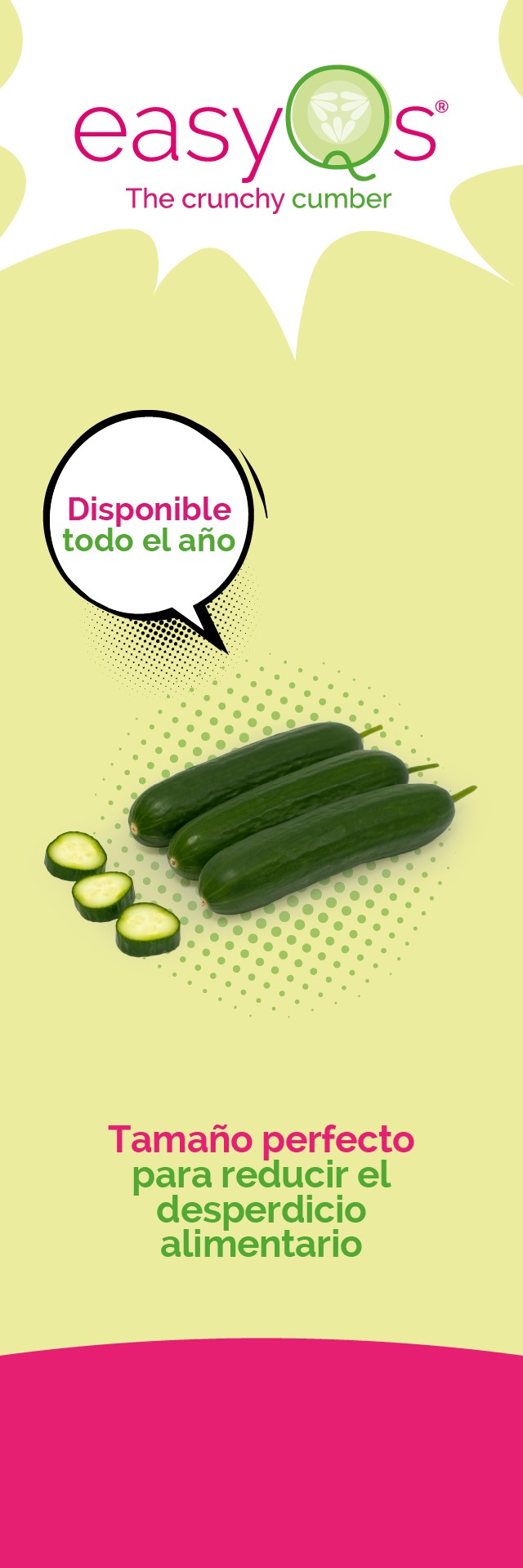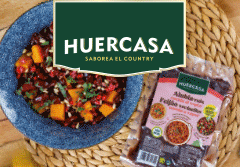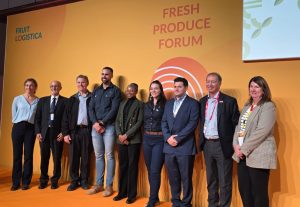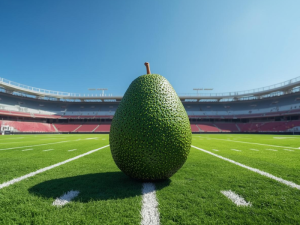Prices rose, both in the winter and the summer campaigns, by between 20% and 30%. Furthermore, the marketed volume of the company’s star product, the pepper, rose by around 5%.
With this panorama, Mercagrisa’s challenges for the next campaign involve at least maintaining the prices from 2023. All this, along with the fact that production per square metre dropped owing to the many restrictions involved in producing in the area around the Mar Menor. And also, without having a complete guarantee about water availability and a suffocating legislation from Brussels.
“This lower profitability means that we seriously must maintain the prices or even raise them slightly. This is the significant challenge we are facing both in production and in marketing, as the price of the raw materials, of cardboard, of paper or simply of electricity for the cold storage rooms has gone up,” the executive, Mariano Zapata, affirms.
Added to this situation is the fact that the disinfection of the soil in the greenhouses by solarisation takes almost a month out of the campaign or “in other words, they have taken away around two kilos per square metre, meaning that this process must be passed on to the product.”
2023 was the year in which Mercagrisa started up a new line of lemons, “because, within our FVPOs, we have farmers with orchards. It has been a new experience in a year with difficulties due to excessive production and lack of demand, where farmers have not managed to make any profits,” the executive explains.
The company has three lines of work: auction, conventional produce marketing and a third centre devoted to the preparation of ecological produce.
Regarding the evolution of ecological produce, it is worth mentioning that courgettes and broccoli both maintain good behaviour, in contrast to the future of ecological peppers, as they have virtually the same price as the conventional product.
Accordingly, Zapata affirms that, if the markets continue to see a decrease in the consumption of ecological produce, as has been occurring, “the explanation lies in the prices given by the large distribution on the supermarket shelves, which is plainly excessive.”
The company’s three lines of work allow Mercagrisa’s produce to be found both on the Spanish home market and also in Germany, France, Italy or the Eastern countries, with Poland standing out.




















